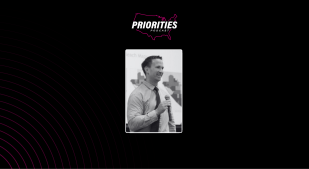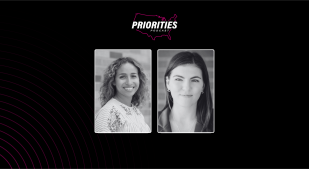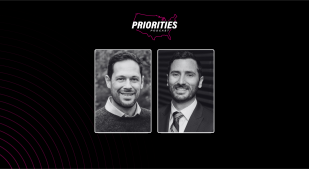
What could Texas learn from North Carolina’s flood warning system?
Last September, North Carolina used a variety of sensors to respond to Hurricane Helene. Could Texas learn from that disaster in the aftermath of its deadly floods?

Last September, North Carolina used a variety of sensors to respond to Hurricane Helene. Could Texas learn from that disaster in the aftermath of its deadly floods?

Members of the NAACP Legal Defense Fund, which introduced Connecticut’s voter rights law, said its provisions are greatly needed in 2025.

CalHeatScore is the data-powered tool that’s designed to help local governments and their constituencies better prepare for levels of heat that can become health hazards.

The StateScoop team breaks down what the recent cancellation of the Digital Equity Act will mean for states and also why food banks need good data.

“This is as foolproof of a CIO position as I think you can find in the industry, and that’s all thanks to the incredible work and the passion and dedication that my team brings to their job,” state CIO Corey Mock said.

A new survey of state and local government IT officials shows that reducing costs is a top concern in 2025.

Chad Marlow, senior policy counsel at the American Civil Liberties Union, says a proposal in New Orleans to expand police use of facial recognition is a major privacy hazard.

Virginia Chief Information Officer Bob Osmond said a recent inventory project revealed thousands of apps, including some with critical issues.

Two technology officials from New Jersey say AI is boosting productivity, reducing wait times and keeping the human front and center.

North Carolina’s new chief information officer said she doesn’t operate at the slow speed of government, but “at the speed of business.”